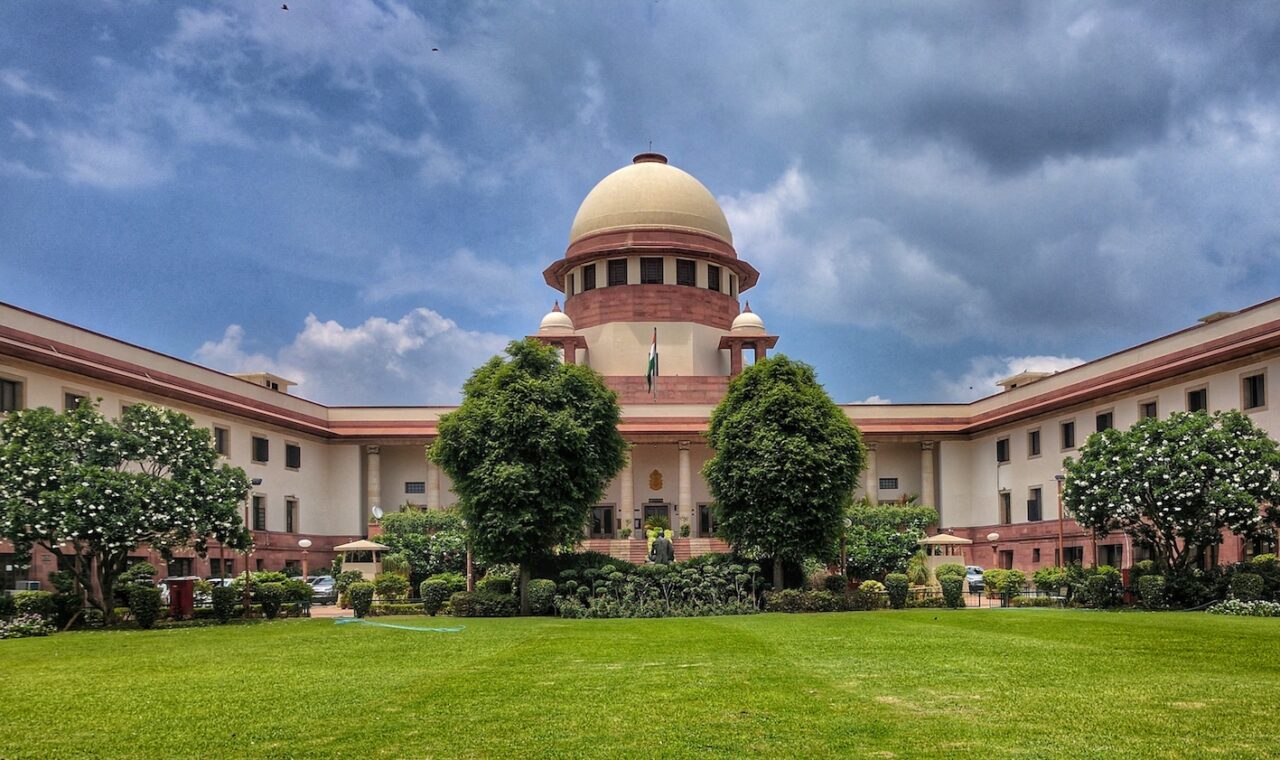Court observed that once the Magistrate takes cognizance of an offence, the procedure which is enunciated in Chapter XV has to be followed. The investigation which the Magistrate can direct under Section 202(1) either by a Police officer or by any other person is for a limited purpose of enabling the Magistrate to decide whether or not there is sufficient ground to proceed further. The aforesaid has been established by the Supreme Court of India in the case of M/s Supreme Bhiwandi Wada Manor Infrastructure Pvt. Ltd. V. The State of Maharashtra & Anr [Criminal Appeal No. 680 of 2021 @ SLP (Crl) No 3155 of 2018] which was adjudicated upon by a single judge bench comprising Justice Dr Dhananjaya Y Chandrachud on 26th July 2021.
The facts of the case are as follows. The appellant is a company incorporated under the Companies Act 1956 and engages in infrastructure projects. The appellant was awarded a contract for constructing a road. It has been alleged that their responsibilities included identifying farmers on the basis of a list provided by governmental authorities and to disburse compensation to them after verifying the authenticity of the claims. The appellant filed a complaint with the Powai Police Station, Mumbai following the discovery of an alleged fraud. Thereafter, it filed a complaint before the Court of the Magistrate at Andheri in Mumbai. On 11 May 2016, the Metropolitan Magistrate at the 66th Court, Andheri, Mumbai passed an order under Section 156(3) of the CrPC directing the police to investigate into the complaint. The substance of the allegation is that the accused did not hand over the cheques due to the farmers for their lands taken over for the project and got the cheques released in the names of other persons thereby defrauding the company and misappropriating its fund. It has been alleged that they made ―66 fake and bogus tenants‖, without attaching necessary papers of land acquisition with an intention to obtain personal gain, resulting in a fraud of Rs 87,76,755. High Court held that the mandate of Section 200 of the CrPC of examining the complainant on oath has not been fulfilled by the Magistrate. On this basis, the High Court held that this raises a serious doubt about the validity of the order which has been passed under Section 156(3).
The Court perused the facts and arguments presented. It was of the opinion that “The High Court, in granting anticipatory bail under Section 438 in the first two appeals and following that order in disposing of the challenge to the order of the Sessions Judge in the companion appeals, has evidently lost sight of the nature and gravity of the alleged offence. An appellate court or a superior court can set aside the order granting bail if the court granting bail did not consider relevant factors. There are serious allegations against the respondent – accused of a fraudulent misappropriation of amounts intended to be paid by the company to the famers affected by the work of road widening being undertaken by the complainant. The FIR sets out details of the alleged acts of fraud and misappropriation of funds, as explained earlier. Having regard to the seriousness of the allegations no case for anticipatory bail was made out. The High Court has erred both in law and in its evaluation of the facts.”


